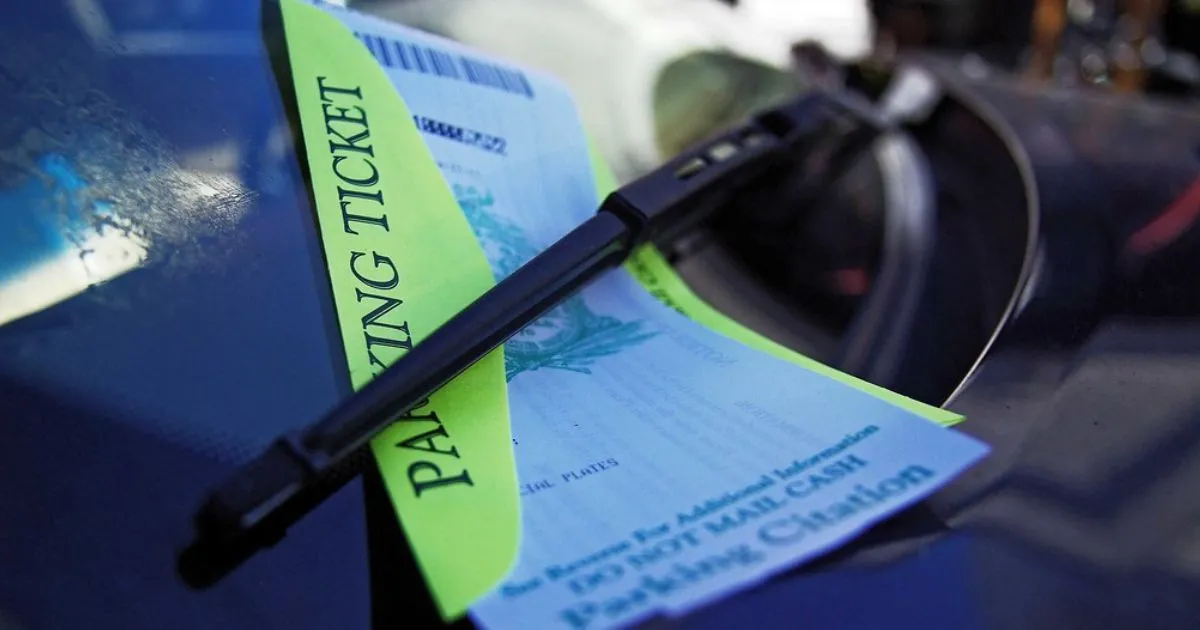Can Parking Tickets Affect Your Insurance In The Usa?

Parking tickets are a common hassle for drivers across the United States. Whether it’s a result of an expired meter, parking in a no-parking zone, or overstaying in a time-limited spot, many of us have found that dreaded piece of paper on our windshields at some point. But beyond the immediate inconvenience and potential financial penalty, many drivers worry about whether these tickets might have more long-lasting impacts, particularly on their car insurance rates. In this blog, we’ll delve into whether parking tickets can affect your insurance and what you need to know to protect yourself.
The Basics: Understanding Parking Tickets
Parking tickets are civil violations, not moving violations. This means that while they can lead to fines and sometimes even vehicle immobilization or towing if left unpaid, they are not typically associated with the risk factors that insurance companies use to calculate your premiums. These risk factors usually include moving violations (like speeding tickets) and at-fault accidents, which are seen as indicators of a driver's risk on the road.
How Insurance Companies Assess Risk
Insurance companies base their rates on how much risk they believe you pose as a driver. They gather this information from several sources, including:
- **Driving Record**: This includes any moving violations, such as speeding tickets, reckless driving charges, and DUIs.
- **Accident History**: At-fault accidents can significantly increase your insurance premiums.
- **Claims History**: Frequent claims, regardless of fault, can lead to higher premiums.
- **Location**: Where you live and park your car can affect rates due to factors like crime rates and accident statistics in the area.
Since parking tickets are non-moving violations, they generally do not appear on your driving record and, therefore, are not directly factored into your insurance risk profile.
Indirect Effects of Parking Tickets

While parking tickets themselves do not directly impact your insurance premiums, there are indirect ways in which they could become a problem:
1. **Accumulation of Unpaid Fines**: If you accumulate multiple unpaid parking tickets, this can lead to more severe consequences such as having your vehicle booted or towed, and in some cases, even your license being suspended. A suspended license, if reported, can affect your insurance premiums because it indicates legal and administrative issues that insurers might view as risky behavior.
2. **Credit Score Impact**: In some states, insurance companies use credit scores as part of their assessment process. Unpaid parking tickets can be sent to collections, which may negatively impact your credit score. A lower credit score can lead to higher insurance premiums.
3. **Administrative Hassles**: If unpaid tickets result in your vehicle being towed or booted, the inconvenience and costs involved can lead to stress and potential lapses in your vehicle’s registration or insurance coverage, both of which can affect your premiums.
State Variations in Handling Parking Tickets
The impact of parking tickets can vary significantly from state to state. Some states and cities are stricter about enforcing unpaid parking fines, while others might be more lenient. For example:
- **New York City**: NYC is known for its strict parking enforcement. Unpaid tickets can lead to your car being booted or towed, and accumulating too many unpaid tickets can result in serious penalties, including registration holds.
- **California**: California can suspend your registration for unpaid parking tickets, which can indirectly affect your insurance if you get caught driving with a suspended registration.
- **Illinois**: In Chicago, unpaid parking tickets can lead to the city impounding your vehicle and even placing a lien on your property if fines go unpaid for too long.
Practical Steps to Manage Parking Tickets
To ensure that parking tickets don’t become a bigger problem than they need to be, consider the following steps:
1. **Pay Fines Promptly**: The best way to avoid complications from parking tickets is to pay them promptly. This prevents them from escalating into larger issues that can indirectly affect your insurance.
2. **Contest Unfair Tickets**: If you believe a parking ticket was issued unfairly, contest it. Many municipalities offer straightforward processes for appealing parking tickets. Read How To Appeal Parking Tickets to enhance your preparation.
3. **Stay Informed**: Be aware of the parking rules and regulations in the areas where you frequently park. Knowledge can prevent many parking tickets from being issued in the first place.
4. **Monitor Your Credit**: Regularly check your credit report to ensure no unpaid fines have gone to collections, potentially affecting your credit score.
Conclusion
In summary, while parking tickets themselves do not directly affect your car insurance premiums, ignoring them can lead to indirect consequences that might. The best approach is to handle parking tickets promptly and responsibly to avoid any potential issues that could arise from unpaid fines. By staying informed and proactive, you can ensure that a simple parking ticket remains a minor inconvenience rather than a major headache.





